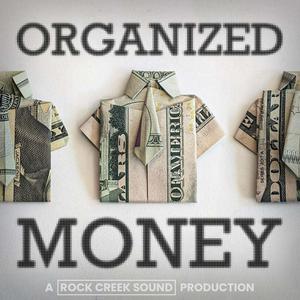In a shocking move this week, Netflix declined to raise its bid against Paramount for control of Warner Bros. After months of corporate tug-of-war, Paramount and David Ellison have taken a giant step towards controlling Warner Bros’ linear television assets, including CNN, its streaming service HBO Max, and its film studio, which just had a blockbuster year. Without question, this deal will lead to mass layoffs, fewer shops to sell work to in Hollywood, and leverage massive debt against Paramount: so why is Paramount and Trump-World so desperate for it, and why did Netflix get cold feet? Today on the show, Matt and David dig into the deal, its questionable legality, and how antitrust objections may play out from both federal and state attorneys general.


